Dear readers,
The fourth BATRAW General Assembly will take place during the Raw Materials Week, on 13 and 14 November. As usual, each General Assembly is celebrated at the premises of some of our partners. This is the time for CEPS to show the beauty of Brussels and its people.
Let’s have a look at who they are and what their main tasks are in the BATRAW project…
First of all, who are they???
CEPS (Centre for European Policy Studies) is a leading Brussels think tank and forum for debate on EU affairs, ranking among the top think tanks in Europe. Anticipating trends and analysing numerous policy questions, CEPS researchers cover a wide range of policy areas, such as economy and finance, energy and climate, and foreign policy.

Okay, I understand what they do but, what are their main tasks during the project?
Within the BATRAW project, the main role of CEPS is to investigate different policy-related aspects of battery circularity. Specifically, CEPS is responsible for creating an overview of policies, standards and regulations that may be of interest to BATRAW. This includes, for example, policies on battery collection, transport, or end-of-life management.
By analysing these, CEPS will be able to identify potential policy obstacles to implementing BATRAW’s circularity approaches. It will also allow CEPS to identify what the optimal policy conditions for circular batteries would look like. For example, there may be crucial barriers and enablers that result from different aspects, such as regulation, supply chains, or data.
That sounds nice, but will it be publicly available?
Another key responsibility of CEPS is to make these findings available to policy audiences. To constructively contribute to the current EU policy debate on battery circularity, CEPS will formulate concrete policy recommendations on the basis of the project results. Engaging not only policy makers but various stakeholders from industry, civil society and academia, CEPS will organise a series of policy events. This will be crucial for disseminating research findings and stimulating debate among relevant actors. The next policy event will take place in November, to discuss Battery Passports as enablers for sustainability and transparency across supply chains.





